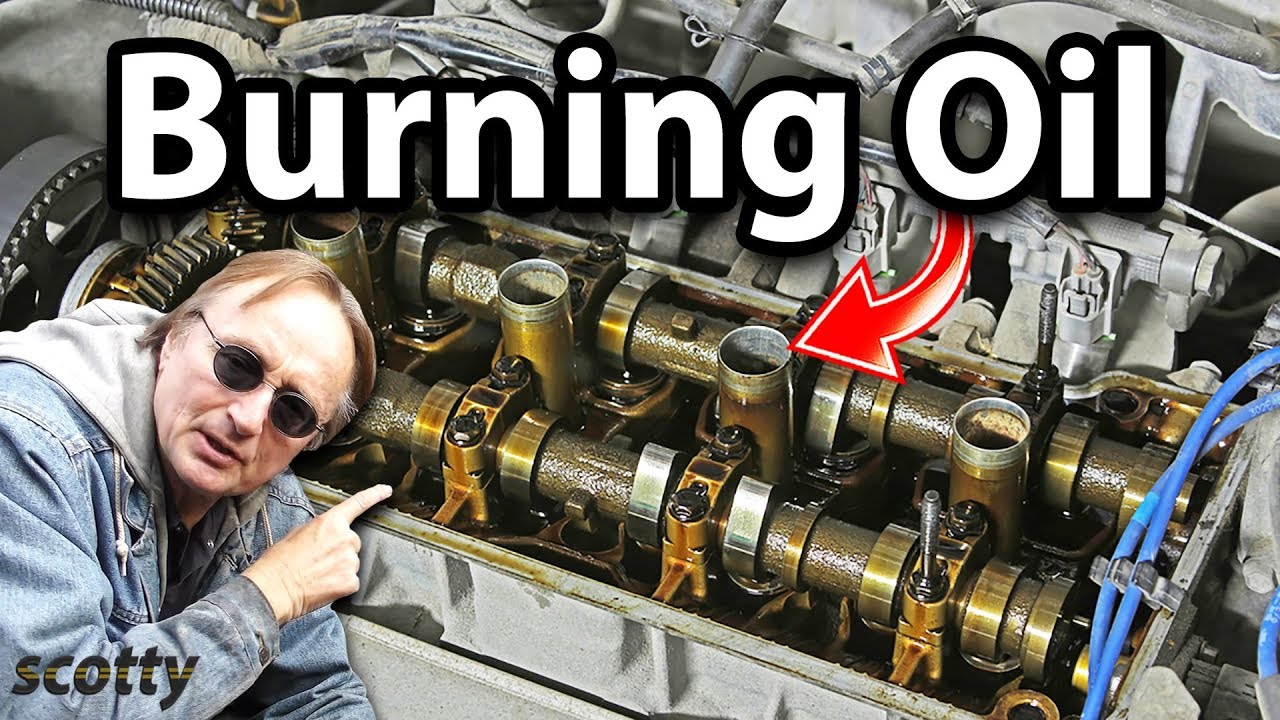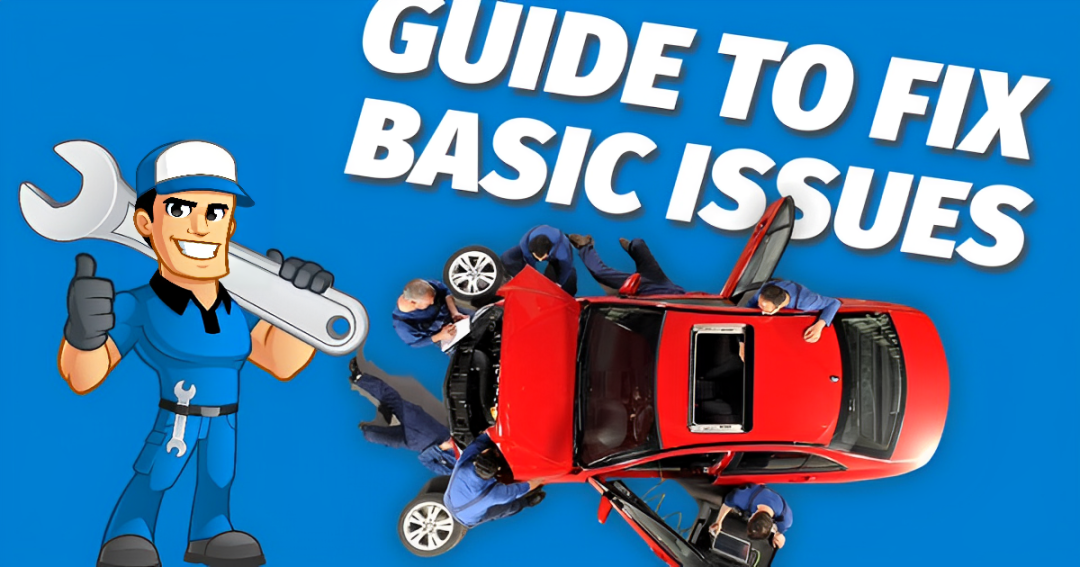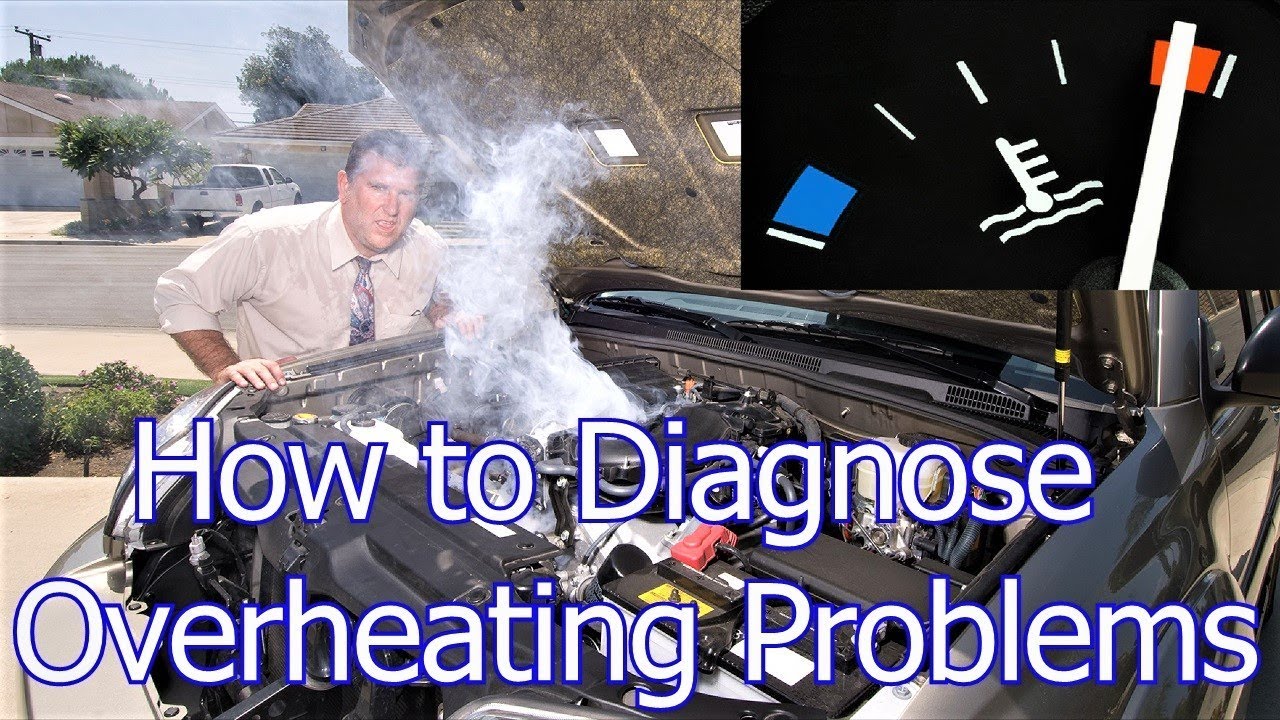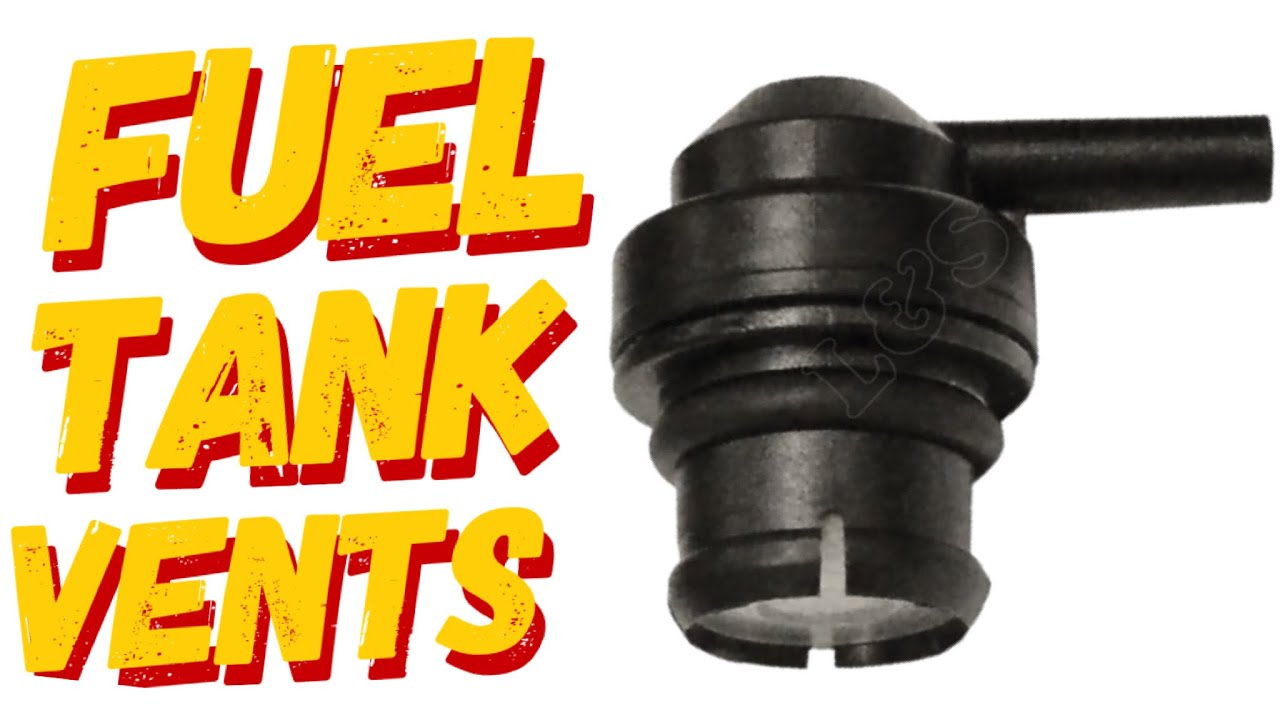A vehicle’s engine is both its most vital and costly component. For a trouble-free ride, make sure it’s in good repair at all times. There is no such thing as skimping on engine maintenance. Check for these typical issues with your engine if you find it stalling, has trouble accelerating, or worse, fails.
In this article, I will go over the top reasons why engines break down. Now, nevertheless, let’s take a look at an engine’s mechanisms.
The Most Frequent Engine Issues and Their Solutions
Finding and fixing engine issues as soon as they happen is crucial. No matter how little an issue is with your engine, ignoring it could lead to disastrous consequences. If you own an automobile, here is a rundown of potential engine issues.
1. The Vehicle Doesn’t Start
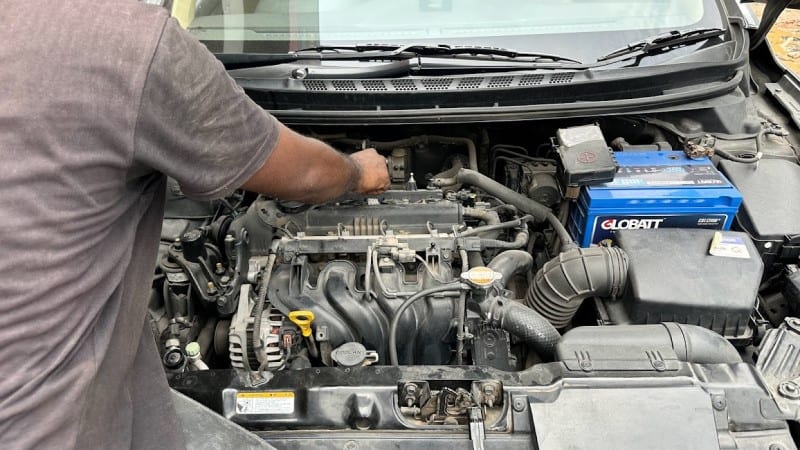
Most automobile owners occasionally deal with the issue of their vehicle not starting. When a car won’t start, a dead battery is usually to blame. The battery may be weak or dead, unable to hold a charge, or the terminals may be loose or damaged.
On the other hand, problems with the charging system, the starter motor, the ignition switch, the gasoline pump, or any other part of the fuel delivery system can make it impossible for the vehicle to start.
2. Engine Overheats
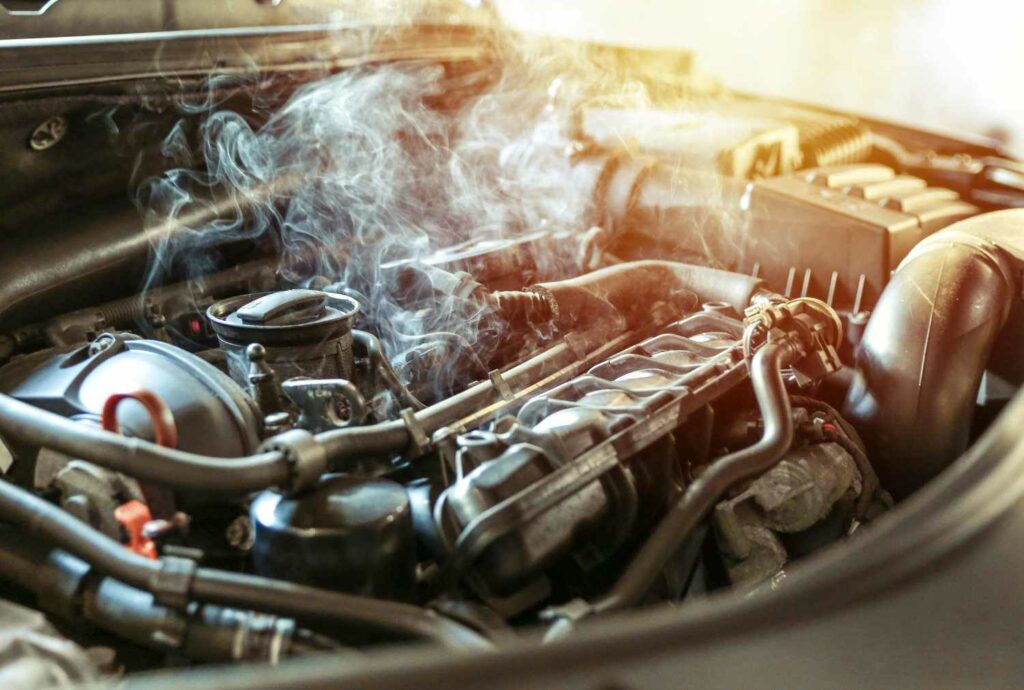
Engine overheating is usually caused by coolant leaks or low levels. In addition to these problems, engine overheating can be caused by a clogged or malfunctioning radiator, a damaged radiator fan, an ineffective thermostat, a faulty water pump, a burned head gasket, or broken radiator hoses.
Before the problem worsens and causes a catastrophic engine failure, you should take your vehicle to a mechanic for diagnosis and repair.
3. Stalled Engine

Fuel supply problems, such as weak pumps or clogged filters, as well as poor spark plugs, are the most common causes of engine stalling and hesitation. However, issues may not be associated with the engine. Therefore, getting the car checked out by a professional is your best bet.
4. Vapor or Exhaust from the Motor
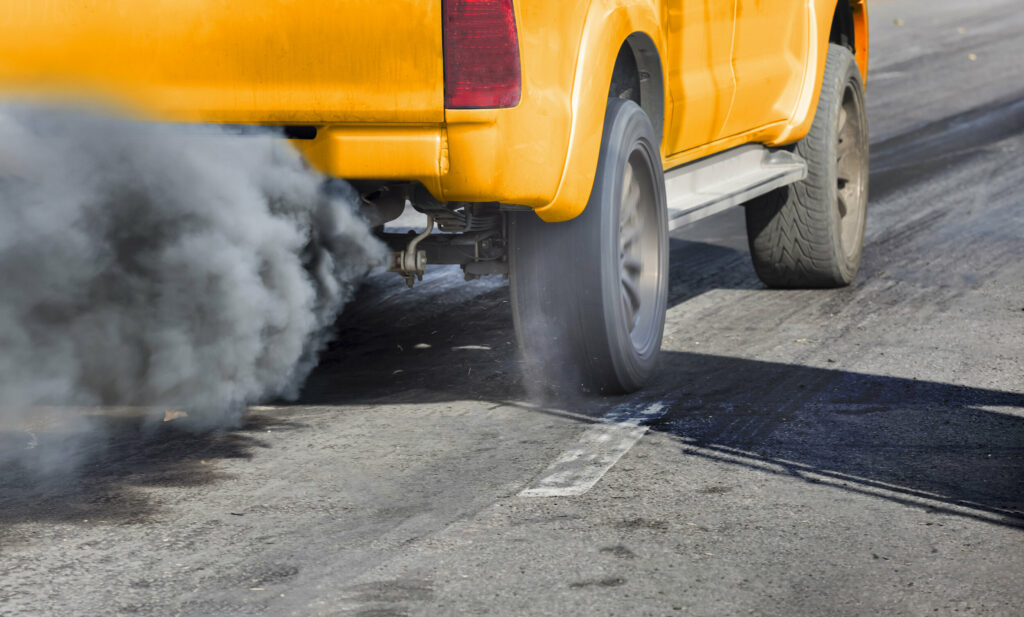
Bad things will happen if engine smoke or stem is present. So, if you ever have such an issue, don’t hesitate to call your mechanic. Problems with the crankcase, faulty rings, poor cylinders, old gaskets, and using the incorrect oil grade are the most common causes of engine smoke.
5. Problem with Engine Water

Never start an engine that has been submerged in water; this includes vehicles traveling through floods. Internal engine damage can be caused by it. If the water hasn’t already done any damage, it’s best to call a mechanic to get rid of it. One of the most costly engine problems that could arise is a problem with the internal engine parts.
6. Engine Coolant Leaking
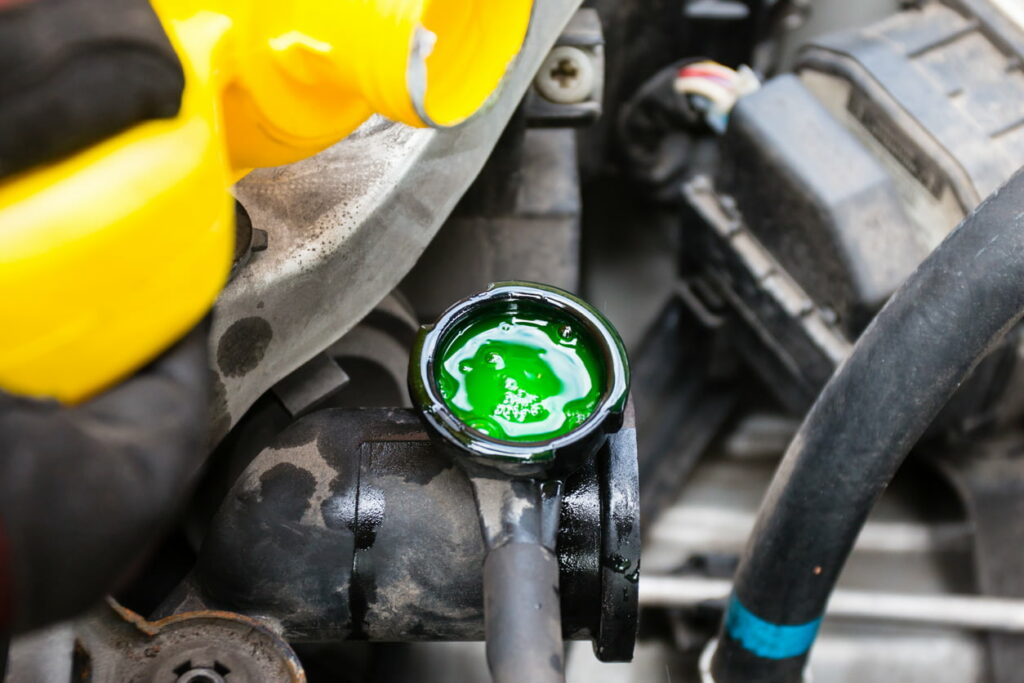
Among a vehicle’s most crucial fluids is the engine coolant. Fortunately, a dripping coolant line is a common yet easy-to-diagnose engine problem. A solid sign that the engine coolant is leaking is if it continues to become low even after topping it off.
Radiators, hoses, water pumps, thermostat housing, and water jackets are all potential points of coolant leakage. It is also possible for coolant to seep into the engine if the head gasket is burned.
7. Blockage in the Radiator
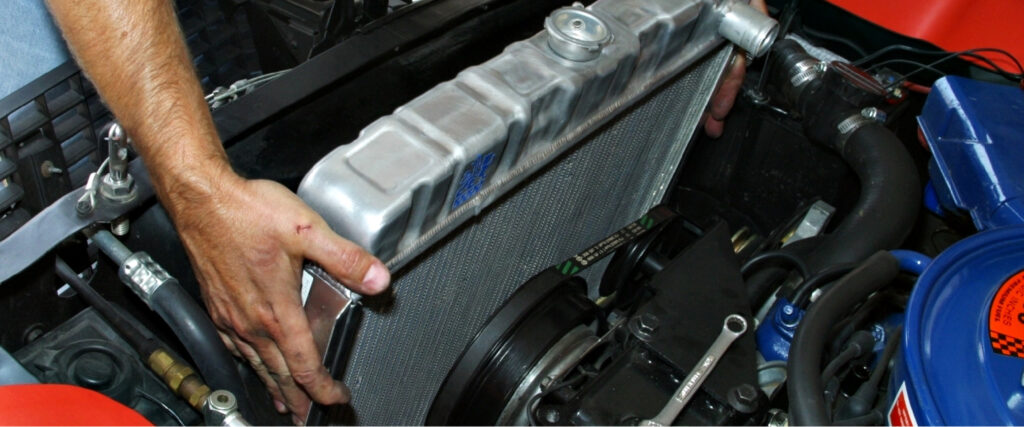
The radiator’s job is to cool down the engine. Over time, the coolant that circulates between the radiator and the engine becomes contaminated and requires either flushing or replacement. The radiator can become clogged if the coolant is not changed or flushed as needed. One of the most typical reasons why engines get too hot is this.
8. Strange Engine Sound
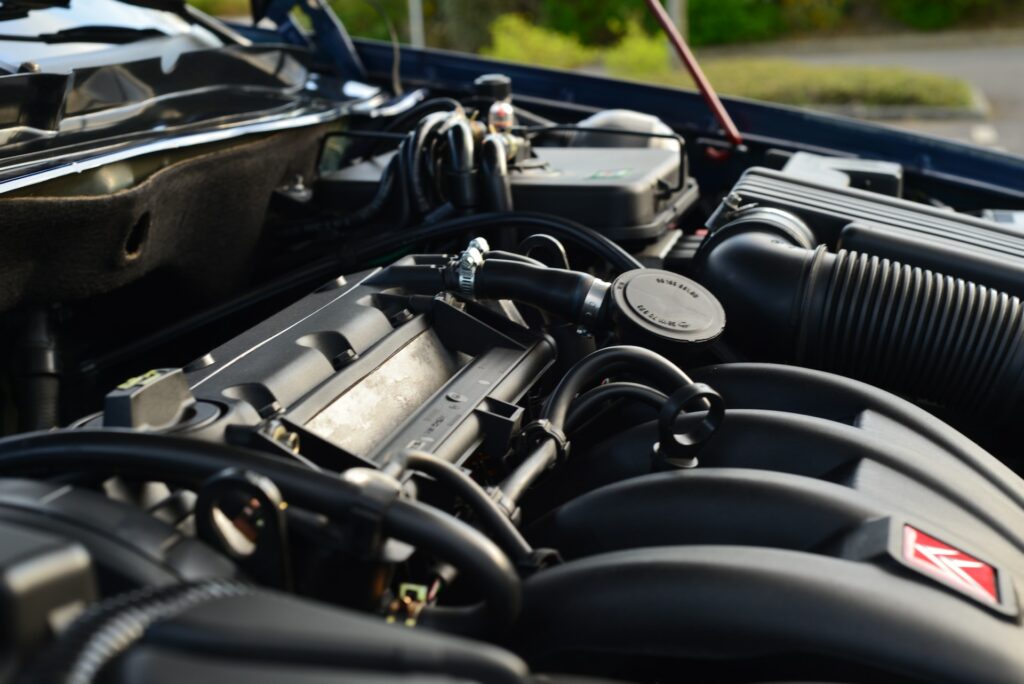
The sound of one’s engine should be familiar to any cautious motorist. When something is amiss with the engine, it will occasionally make strange noises to let us know. When the noise of your engine starts to rattle, moan, or tick, it’s a sign that something is wrong.
Possible causes include a damaged timing tensioner, bent valves, a loose timing chain, or serious problems with the engine’s internals. One of the most catastrophic engine faults might result from ignoring strange noises.
9. Missing Lubricant
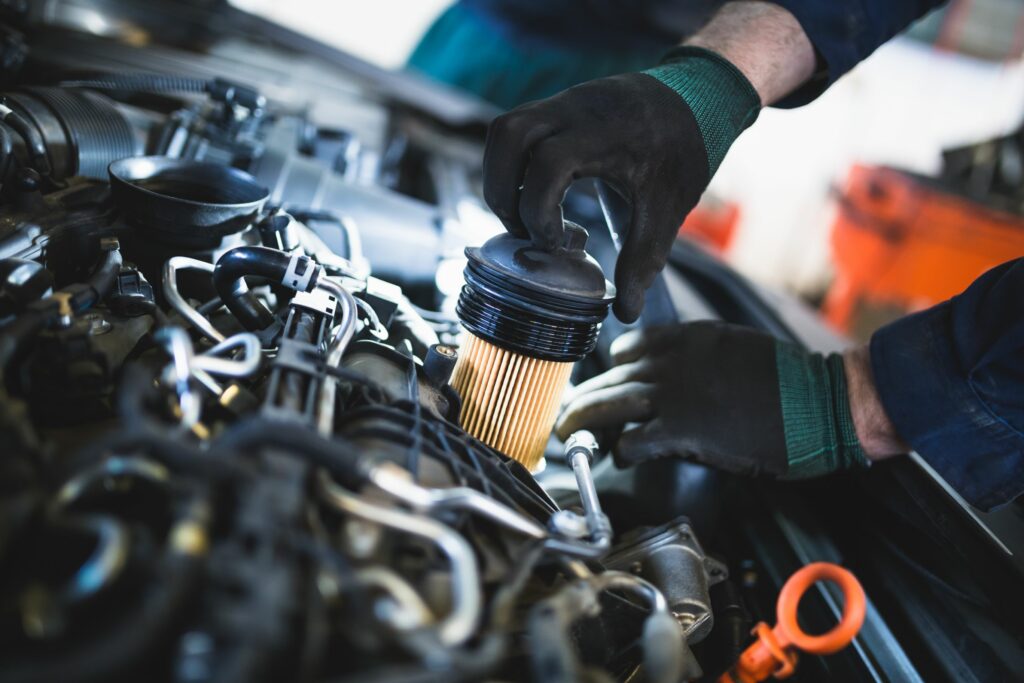
Lubrication between the internal reciprocating elements of an automobile engine is essential for maximum engine performance. Overheating or engine failure can result from rapid friction caused by inadequate engine lubrication.
Oil leaks, insufficient engine oil, using the wrong type of oil, a clogged oil filter, a weak oil pump, or infrequent oil changes are all potential causes of an engine that is not properly lubricated. It may be sufficient to simply maintain the recommended oil level to avoid subpar lubrication.
10. Excessive Oil Consumption
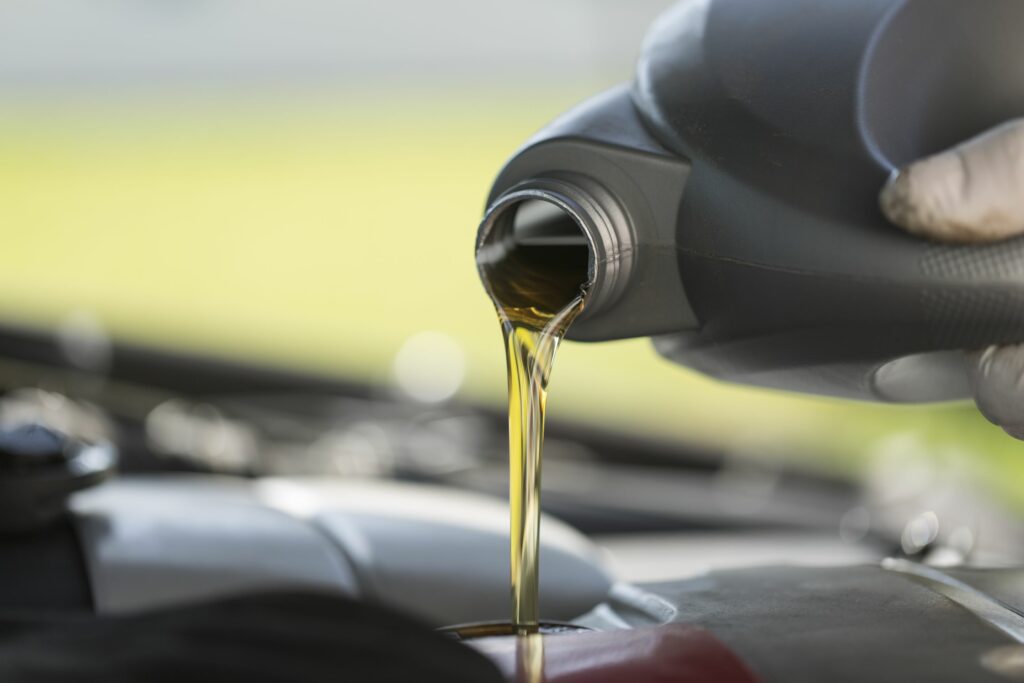
When the engine uses a lot of oil, it means there’s a problem. Poor quality piston rings and valve guides cause excessive oil consumption. Motor oil can get into the combustion chamber through poorly constructed valve guides and pistons, igniting alongside the fuel.
11. Engine Exhaust Smoke
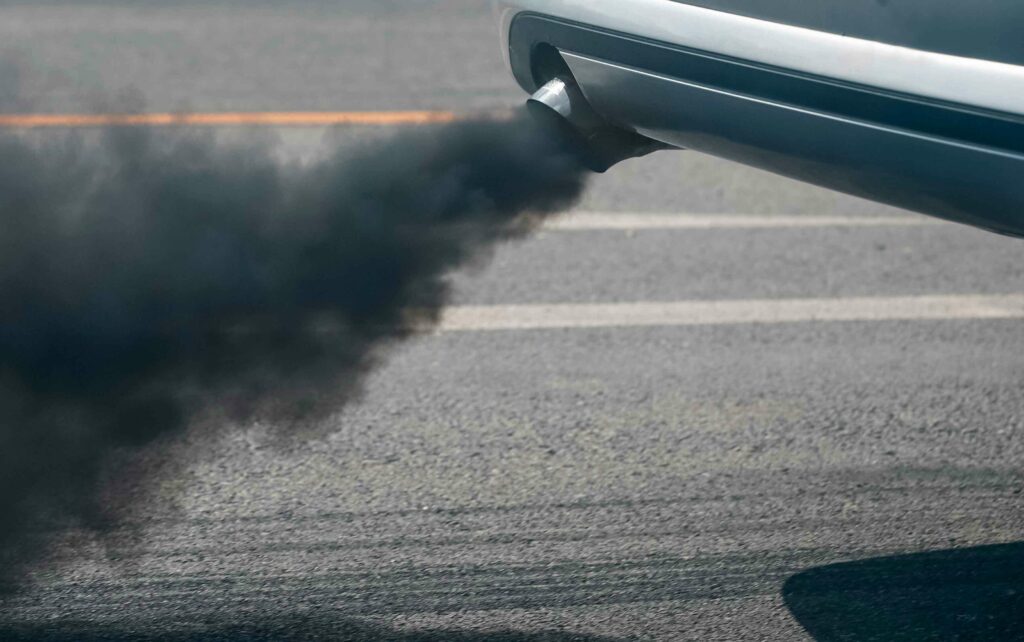
When you see white, grey, or blue smoke coming out of the tailpipe, it means something is wrong, you should take it to the dealership or a nearby technician.
Blue smoke coming from the tailpipe is usually caused by insufficient oil consumption, damaged valve guides, poor crankcase ventilation, or broken piston rings. Conversely, white smoke is typically caused by blown head gaskets or engines that are burning oil.
12. Poor Automotive Sensors
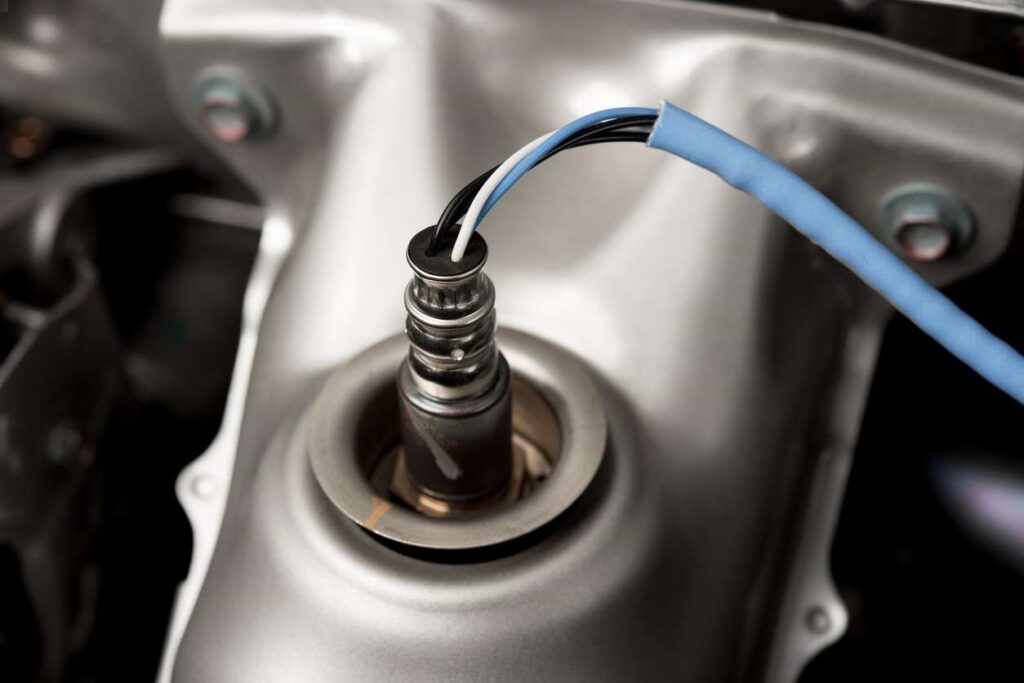
If the sensor does not transmit accurate data to the powertrain control module (PCM), the PCM will either use erroneous data or make assumptions in its processing. The engine will experience reduced power, increased fuel consumption, and other problems if any of these things occur.
13. Engine Misfire
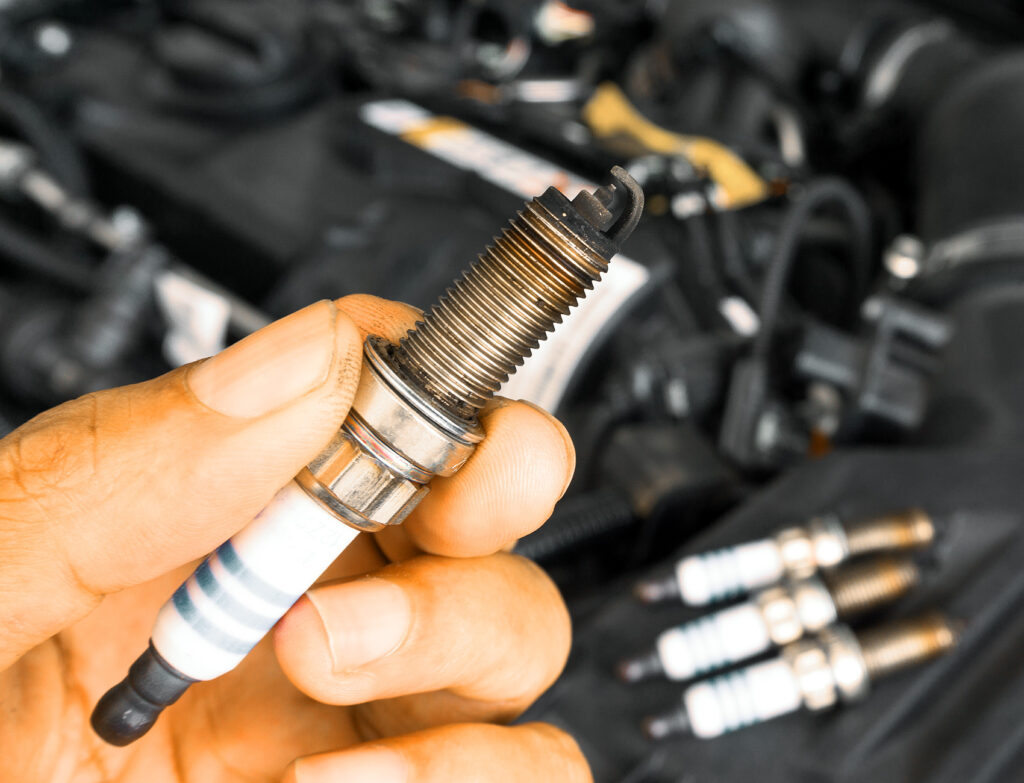
There is a wide range of severity for engine misfires. An automobile may start with a misfired engine, but it may not remain going. Do not disregard the matter, no matter how minor it may seem. The smallest potential reason has the potential to grow into a major issue.
Conclusion
You should give your engine the care it deserves because it is the car’s most important component. You are now more equipped to recognize the signs of an engine problem and know when to get your hands dirty.

